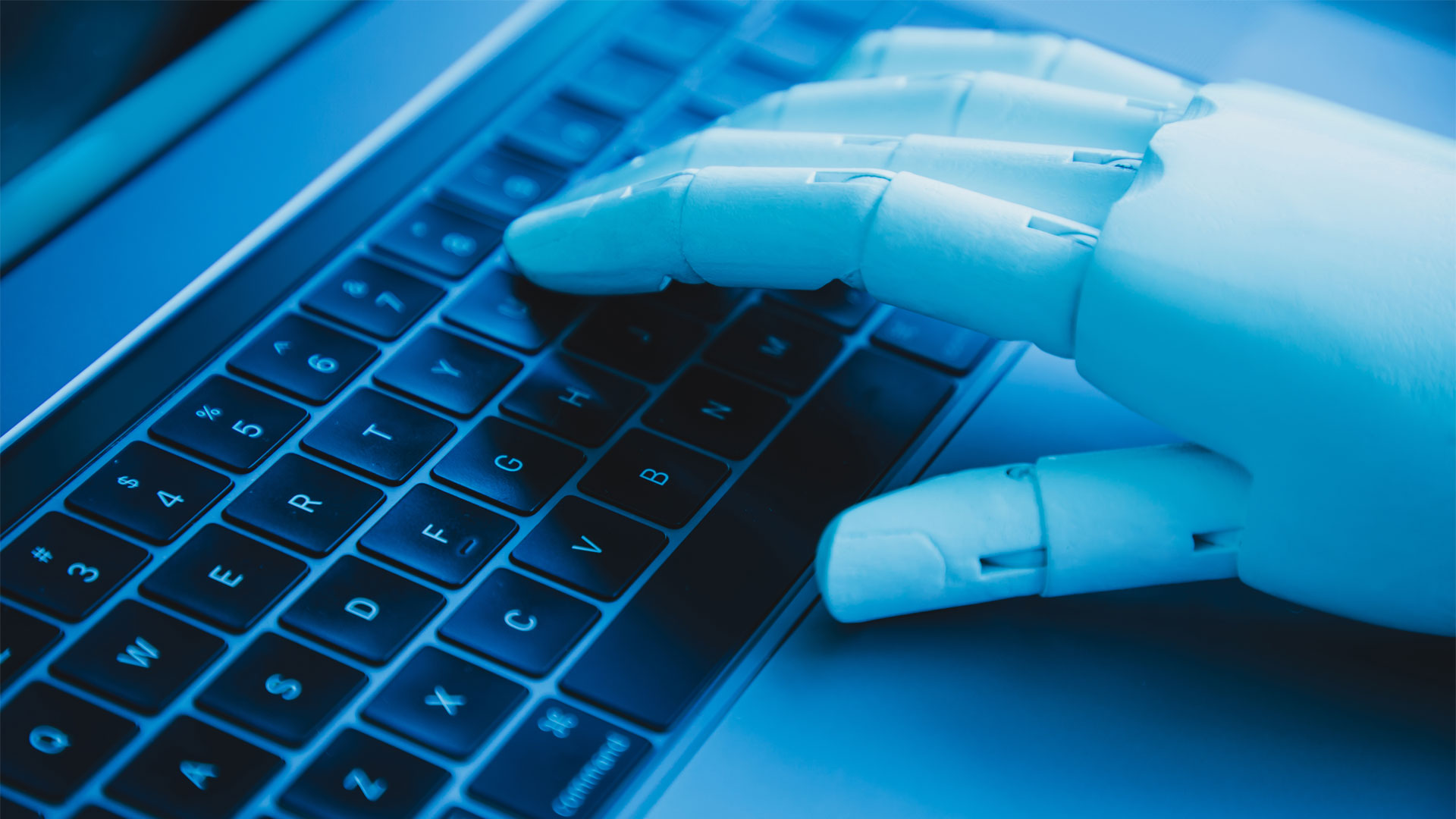YouTube hatches plan to protect your favorite musicians from AI copycats

YouTube hatches plan to protect your favorite musicians from AI copycats
YouTube announced that it’s working with Universal Music Group (UMG) to create a new program that would ensure artists and rights holders would be properly compensated for AI music.
The program, called YouTube’s Music AI Incubator, will create a partnership with music industry talent like artists, songwriters, and producers to decide on how to proceed with the advent of AI music. According to YouTube, “In 2023 alone, there have been more than 1.7 billion views of videos related to AI tools on YouTube.” And the video hosting and streaming site is interested in harnessing that level of viewership.
UMG was most likely chosen as the first partner for this problem because of its reservations toward AI, most likely due to the issue of music being fed into algorithms to train it and then recreated into new songs without compensating any of the artists involved.
And while UMG cracked down on AI music on Spotify, Apple Music, and YouTube through copyright strikes, pulling songs, and filtering out AI tracks, it also entered a partnership with artificial intelligence music company Endel earlier in 2023 to create AI-assisted music. This shows that it does have a willingness to work with AI, but on its terms.

Balancing rights with progress
According to Rolling Stone, UMG repeatedly stated that there’s potential for AI to assist artists in the song-making process. Music industry stakeholders, however, should draw a hard line on practices that infringe on artists’ intellectual property and draw ears away from ‘real’ human-produced music.
It seems that YouTube also understands that desire to both use AI as a tool to assist artists, as well as set up structures that would guarantee permission and compensation for any music used to train these AI models. The official blog post discusses how YouTube has balanced protecting the rights of copyright holders with users over the years, as well as its content ID that “ensures rights holders get paid for use of their content and has generated billions for the industry over the years.”
YouTube also noted its existing policies that protect against “technically manipulated content” that could be used to mislead users or make false claims. And it’ll work to apply new standards to make sure AI isn’t used for “trademark and copyright abuse, misinformation, spam, and more.”
YouTube CEO Neal Mohan stated that “I’m incredibly excited about the opportunity of AI to supercharge creativity around the world, but recognize that YouTube and the promise of AI will only be successful if our partners are successful.” We’ll see how much that statement holds true, depending on the success of this program.

